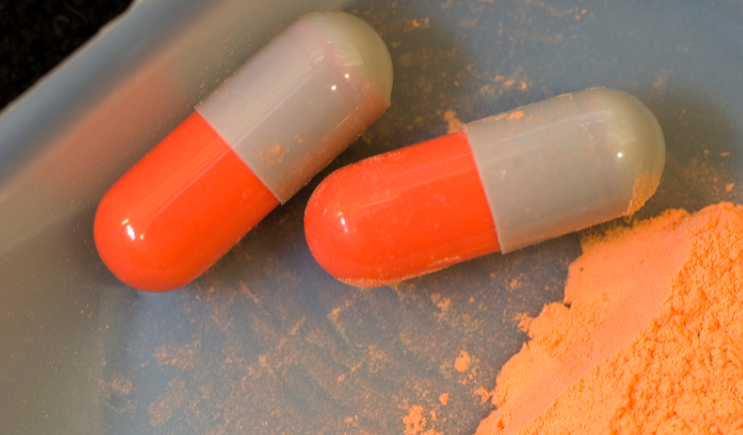
A study conducted by the New York State Psychiatric Institute has uncovered a startling 450% surge in LSD (lysergic acid diethylamide) use among adults in the United States suffering from major depression, Medical Xpress reports.
The research, detailed in a paper published in JAMA Psychiatry, sheds light on the growing trend of non-medical LSD use and its sociodemographic characteristics.
LSD Use On the Rise
The study, which drew from data collected between 2008 and 2019, analyzed responses from a massive sample of 478,492 adults aged 18 or older, with the prevalence of past-year major depression diagnoses assessed based on DSM-IV criteria.
While LSD use increased in the general population by 450%, from 0.2% to 0.9%, the surge was even more pronounced among those with depression, rising from 0.5% to 1.8% over the same period.
These findings reveal a concerning trend of non-medical LSD use among individuals grappling with depression.
The surge in LSD use among this demographic was not isolated to a specific age group or income level. It cut across various sociodemographic subgroups, challenging assumptions that this trend was confined to any one segment of the population.
Read Also : Singapore's Anti-Smoking Law Reduced Heart Attack-Related Death Rates, Especially Among Elderly: Study
The Reason Behind the Flare-up
The reasons for this steep increase in LSD use among those with depression are complex, but experts suggest that it is partially due to the renewed interest in the clinical potential of hallucinogens, including LSD, for treating psychiatric or substance use disorders.
Media reports and research highlighting the therapeutic benefits of psychedelics have ignited curiosity and exploration among those seeking alternative treatments for depression.
Dr. Jane Smith, one of the lead researchers on the study, highlighted the importance of public health efforts promoting safe and evidence-based use of psychedelics.
"While the clinical potential of LSD is promising, it's vital that individuals with depression are informed about the risks and benefits of non-medical use," Dr. Smith noted.
Take Note
However, this study has some limitations, particularly in understanding the motivations behind LSD use.
The NSDUH survey used in the study did not collect information on why respondents used LSD, leaving researchers unable to attribute the surge to specific causes.
Additionally, the survey lacked data on the dosing amounts, making distinguishing between micro-dosing and more intense or prolonged tripping experiences challenging.
While LSD carries lower risks to physical health and dependence than other non-medical drug substances, individuals with depression may be more prone to adverse effects, such as paranoia or a "bad trip," when using LSD outside of a medical context.
The study refrains from making recommendations for ensuring a "good trip" or maximizing the benefits of unsupervised LSD use. However, it suggests that future research with more comprehensive survey questions could provide insights into strategies for safe and beneficial use.
Stay posted here at Tech Times.
Related Article : Super Strength Street Drug Nitazenes 500 Times More Potent Than Morphine Blamed for 6 Ireland Deaths

ⓒ 2025 TECHTIMES.com All rights reserved. Do not reproduce without permission.




